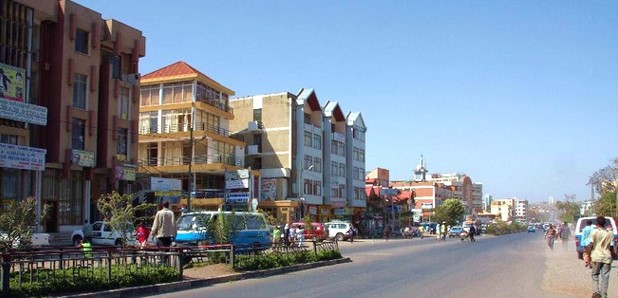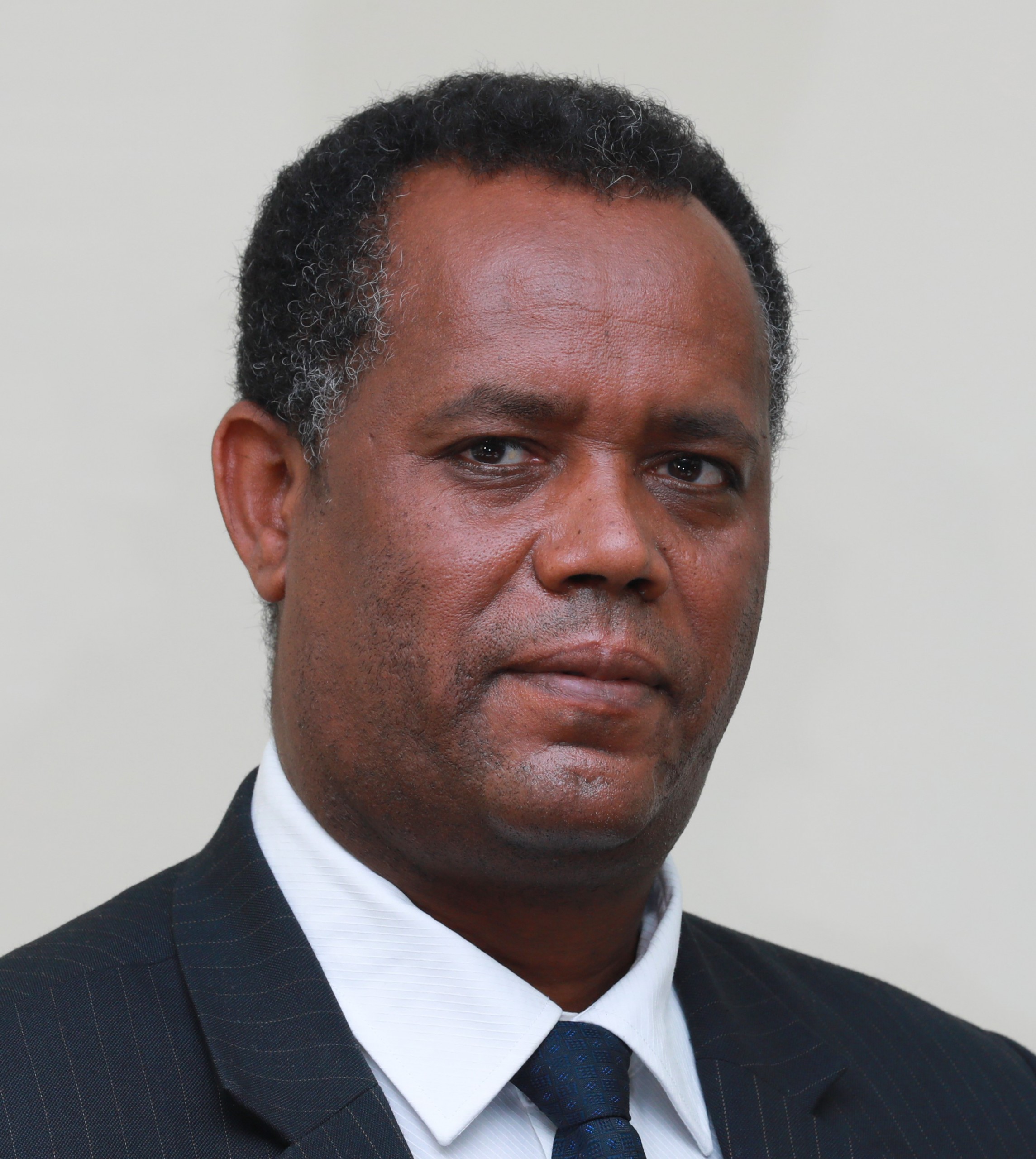On 31 May 2018, a National Bridging Workshop (NBW) was conducted in Adama, Ethiopia, with the objective to review performance, identify gaps and to enhance collaboration between the animal, human health and other relevant sectors in the prevention and detection of and response to zoonotic diseases, combacting antimicrobial resistance and other health events at the animal-human interface, such as food safety, food security and vector-borne diseases.
The key output of the NBW was a joint animal and human health sector roadmap, comprising 30 different activities that the sectors jointly identified to improve their collaboration.
In 2021, Adama hosted again, from 16 to 18 August, the Ethiopian One Health Steering Committee (OHSC) who led the assessment of the level of implementation of this roadmap and the activities therein. Through a survey to guide the discussion, challenges in the implementation of the roadmap as well as areas for potential support were identified by multisectoral stakeholders to develop a more efficient and updated roadmap. The exercise gathered 15 national government stakeholders from the human and animal health sectors as well as experts from other relevant sectors like environment and wildlife health. The workshop was organised by the Ethiopia National One Health Platform (NOHP) with support from the Tripartite (the Food and Agriculture Organization of the United Nations (FAO), the World Health Organization (WHO) and the World Organisation for Animal Health (OIE), who are key promoters of the implementation of the One Health Approach. One Health is a multisectoral (human, animal and environment health) and multidisciplinary approach among global, national and sub-national institutions and systems, to attain optimal health for people, animals and the environment, to prevent, detect and control zoonotic diseases and other healths threats at the animal-human-environmental interface.
During the opening ceremony, Serge Nzietchueng, FAO One Health Coordinator, highlighted the importance of “the International Health Regulations – Performance of Veterinary Services (IHR-PVS) roadmap initiatives to the One Health momentum in Ethiopia and the need for alignment of the revised IHR-PVS road map activities with the OHSC work plan” He also stressed on “the relevance of IHR-PVS roadmap initiatives in achieving greater tripartite and tripartite+ collaborations at the national level”.
Dr. Boureima Hama Sambo, WHO Representative to Ethiopia, said that “an assessment of existing weaknesses and gaps in the implementation of the roadmap using the WHO-International Health Regulations monitoring tools and OIE Performance of Veterinary Services pathway is essential for improved alignment between human and animal health sectors”. He also agreed that “this will enable capacity building and targeted strategies for the One Health approach in Ethiopia”.
In his remarks, Dr. Fikru Regassa, OIE Delegate in Ethiopia declared that “The workshop to assess the implementation of roadmap of the National Bridging Workshop was timely, as Ethiopia is deliberating its One Health Action Plan for 2021-2022, and findings will be incorporated in the plan. Already 57 percent of the activities outlined in the One Health Action Plan are in the NBW roadmap, so we can build on this strong foundation”. He further added that “we renew the strong willingness and preparedness of the Ministry of Agriculture to work in close collaboration with whole stakeholders to achieve this”.
In recent years, the world has seen increasing emergence of infectious zoonotic diseases, including novel strains of highly pathogenic avian influenza (HPAI) in 2020, ebola virus in West, Central and Eastern Africa in 2014, 2018, 2019, 2020 and, most recently, the emergence of severe acute respiratory syndrome Coronavirus 2 (SARS-CoV-2), known as COVID-19.
In this context, the One Health concept has gained great momentum as it becomes clear that collaboration between the different sectors can help countries to better tackle current and emerging health threats. It is also a much needed approach for other major global health challenges such as antimicrobial resistance, food safety, and climate change among others. However, implementing this approach faces many obstacles such as inadequate human and financial resources as well as limited diagnostic and laboratory capacity at national and sub-national levels.
To overcome these challenges, in 2013, the OIE and WHO conducted for the first time an analysis of the differences and synergies between the two main legal frameworks and their associated tools that guide their support to countries mainly, the International Health Regulation 2005 (IHR 2005) and the Performance of Veterinary Services (PVS) Pathway. Building on the strength of these existing institutional frameworks, the two organisations, together with FAO, jointly developed methods to facilitate communication between the animal and human health sectors. In-country workshops were held, enabling national counterparts to better understand the IHR 2005 and PVS and allowing them to agree on priority needs and jointly develop their bridging efforts to work together. This led to the establishment of National IHR-PVS Bridging Workshops (NBWs).
Participants updated the NBW roadmap based on the discussions during the workshop. Before the workshop, an anonymous qualitative online survey was conducted among stakeholders from the human and animal health and environment sectors to have a reliable assessment of the level of implementation of activities in the roadmap.
The results of this survey were also used to update the roadmap during the workshop and further strengthen the collaboration between the animal and human health and environment sectors in the country. Key findings of the survey were that 7 percent of the NBW activities were conducted fully and slightly more than half of the activities were conducted partially, the main bottleneck of incompletion of activities being limited financial and technical support. However, almost all stakeholders showed their interest in conducting NBW at a sub-national level as well as in conducting another NBW at national level in the coming years.
This workshop gave national stakeholders a unique opportunity to “diagnose” their existing collaboration challenges and gaps, and then jointly developed actionable steps to strengthen collaboration that supports both PVS and IHR. Unlike other collaborative evaluation tools, NBWs link One Health actions directly to international policies and frameworks, providing a global approach that leverages shared actions across many countries.
For more information
Contact:


